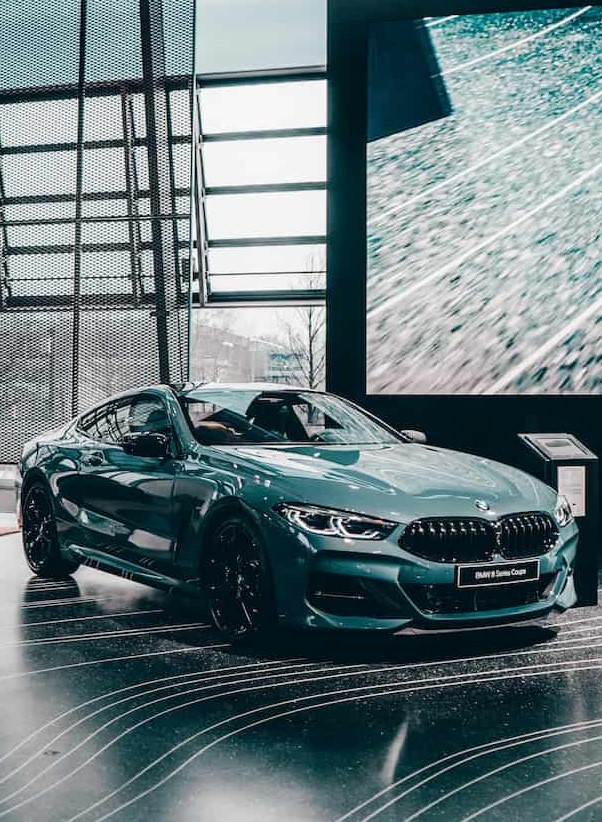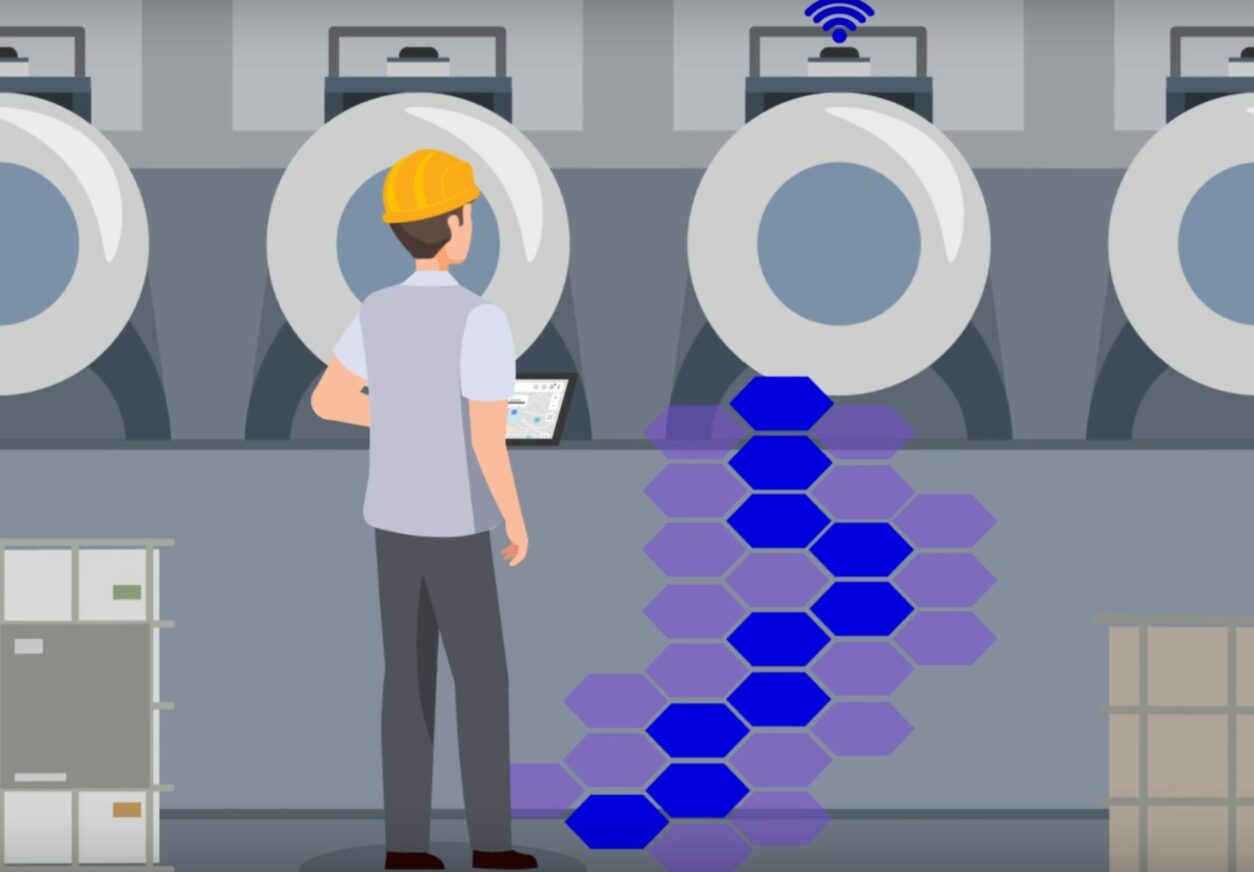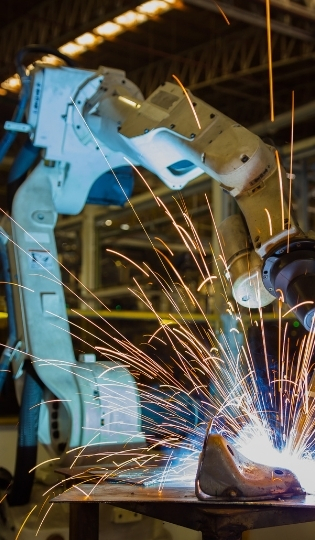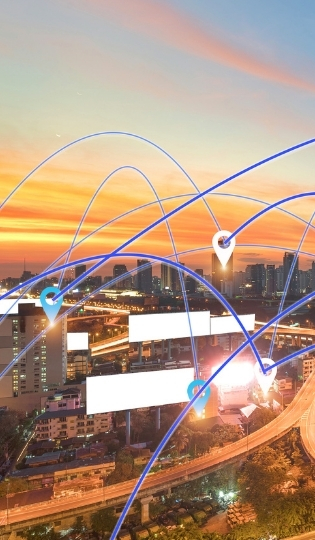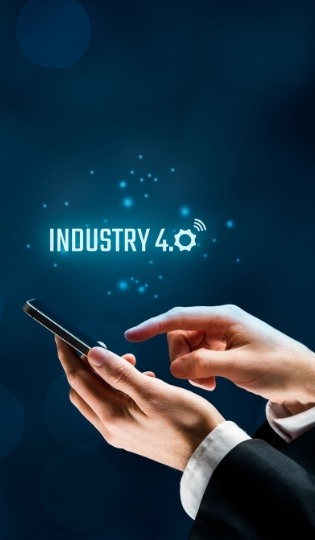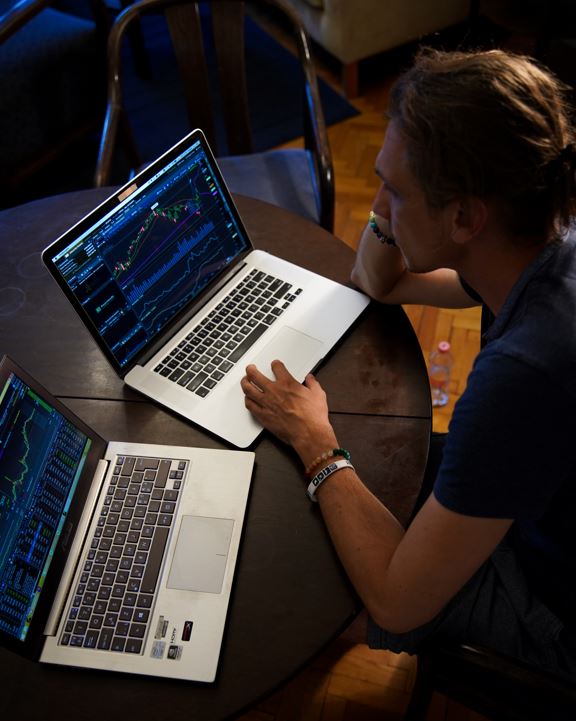Significant changes in the use of the car
In recent years, we have seen the emergence of new technological innovations that are invading the automotive market. We are thinking in particular of electric or autonomous cars.
Changes in car usage are responsible for a number of these innovations.
The consumer panel has indeed become more diverse in recent years. Manufacturers are aware of this: manufacturing processes must be rethought in order to align with the modern consumer and achieve operational excellence.
Growing interest in electric cars
Among the latest trends in the automotive sector, the electric car is in first place.
Renault, Tesla and Peugeot are among the companies in the automotive sector with the most innovations in this area. This sector still presents many challenges such as the high price or a poor battery.
These challenges inspire innovations! These are numerous in this sector, we speak in particular about the recent conception of a retractable charging station, a photovoltaic roof for electric vehicle or a future low-cost electric car.
A modernized production line
To support the development of electric mobility, the entire production line must be studied and improved. The PSA Group is actively involved in these changes. It advocates the robotization of its production lines and communicates on the functioning of its factories of the future.
In these factories, heavy tasks, as well as quality control, are entrusted to robots and validated by operators. Operators are continuously trained using augmented reality, which plays a key role in the factory of the future. Flexibility is also a key issue: operators are versatile so that they can adapt to any customer request.
Mercedes-Benz also announces its participation in the industrial revolution. The company is emphasizing collaborative work between humans and robots, augmented reality and traceability in its factories.
There are various solutions to address these issues. In particular, Zozio offers a traceability service perfectly adapted to the automotive industry that allows to optimize flows and to eliminate delivery delays at the line side.
Autonomous vehicles take over the market
The tools now available such as the Internet of Things, augmented reality or artificial intelligence have enabled the recent birth of autonomous vehicles. These vehicles are very promising, they could considerably reduce accidents due to driver fatigue or negligence, and are of particular interest to investors.
In the same vein, we are witnessing the emergence of connected cars, thanks to the appearance of 5G.
The ecological crisis at the center of concerns
All these innovations revolve around one central point: ecology.
Many manufacturers are making this a central issue. Smart, for example, insists on rainwater recovery projects, waste recovery and dematerialization of media in order to actively participate in the energy transition. The company also advocates the development of electromobility and car-sharing.
An opportunity for startups!
Finally, we are witnessing a very rapid evolution of the automotive sector.
McKinsey senior partner Ashutosh Padhi sums up this trend:
“the automotive industry will experience more disruption in the next 10 years than it has in the last 50 years”.
Many startups are turning this reality into an opportunity: we are seeing the emergence of high-performance sensor systems to improve the understanding of the environment, gesture recognition technologies and augmented reality navigation systems.
Written by Emma Guignard

